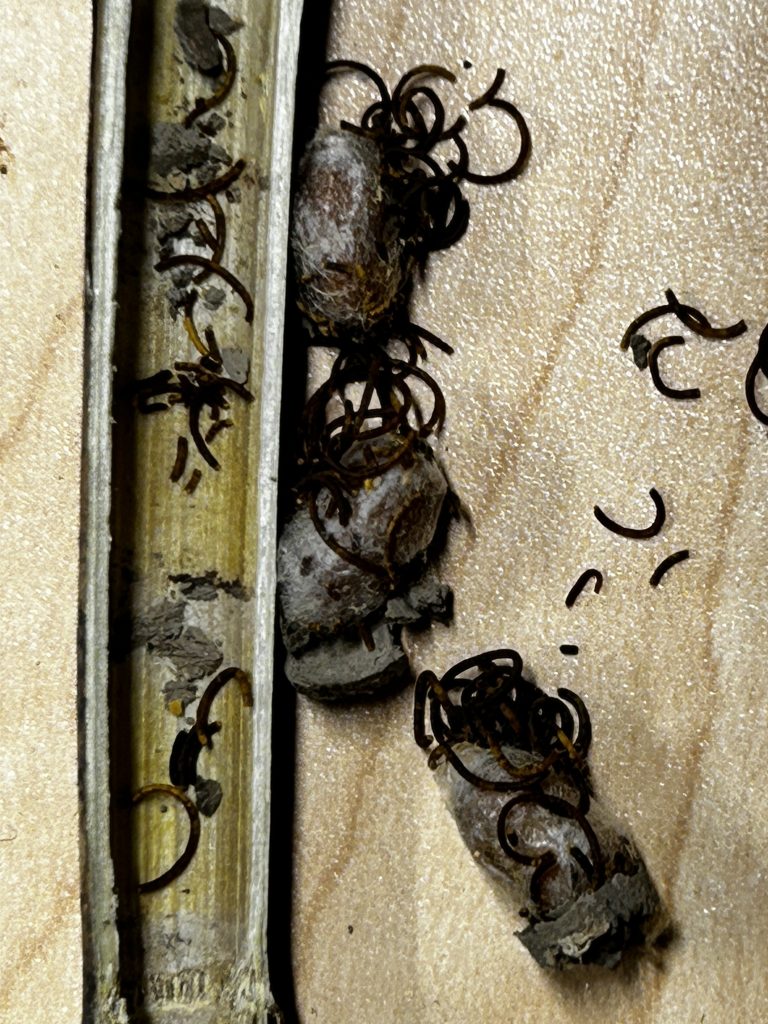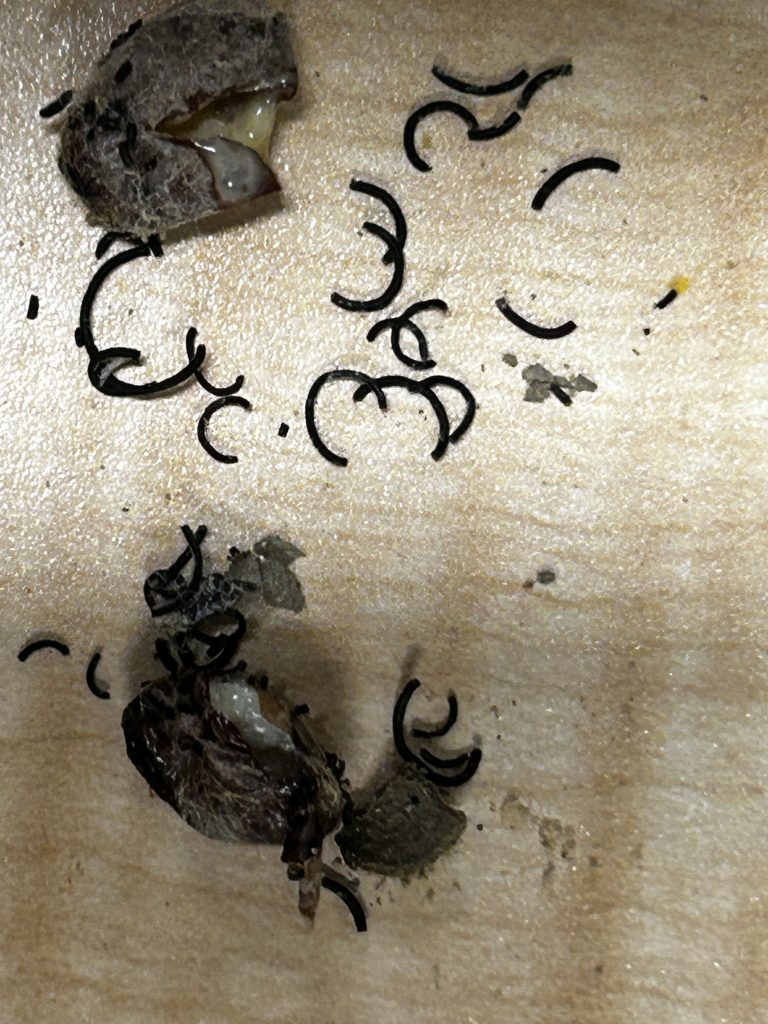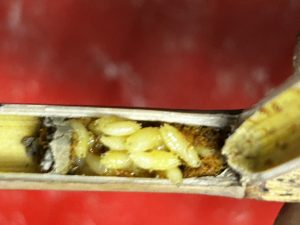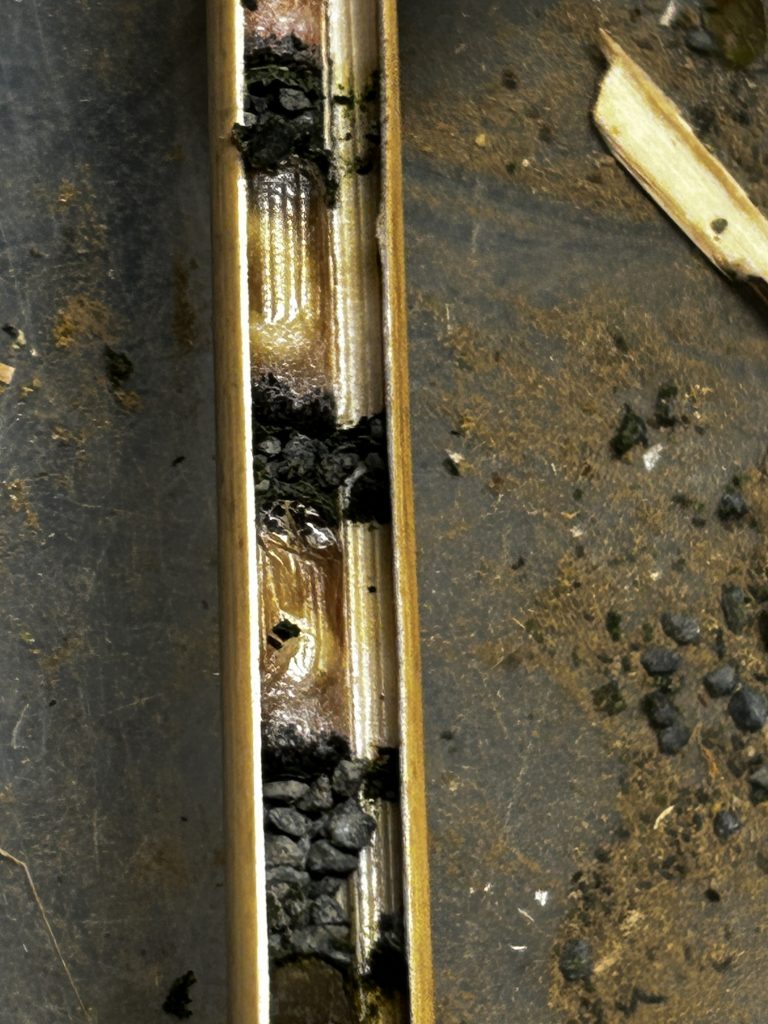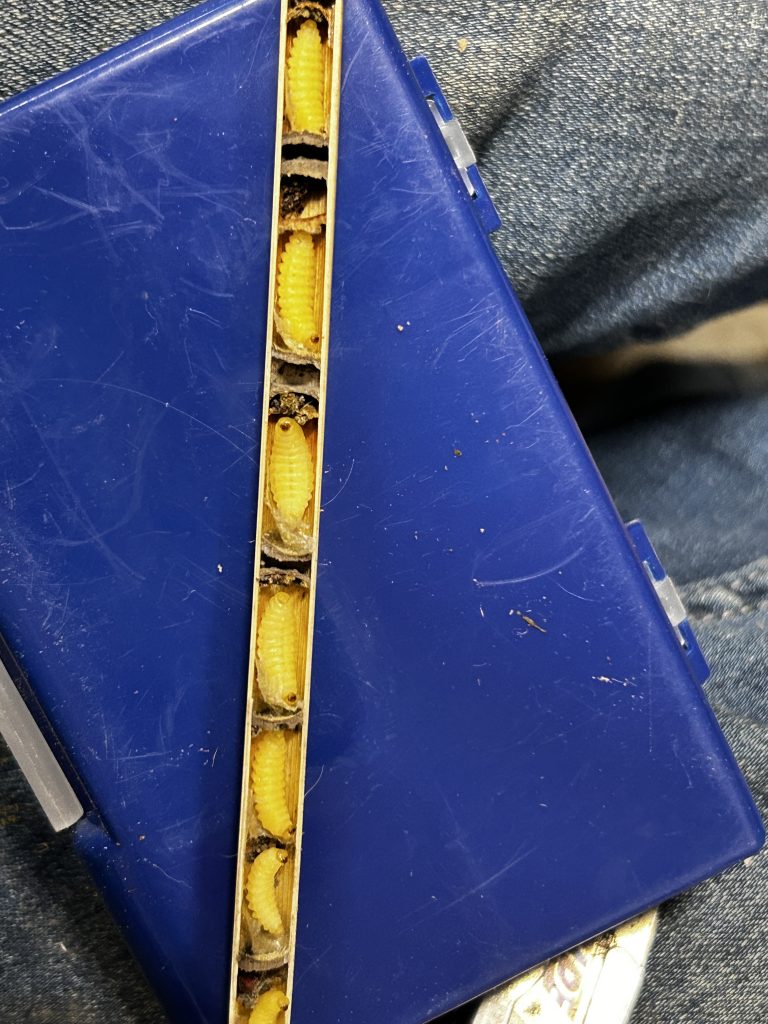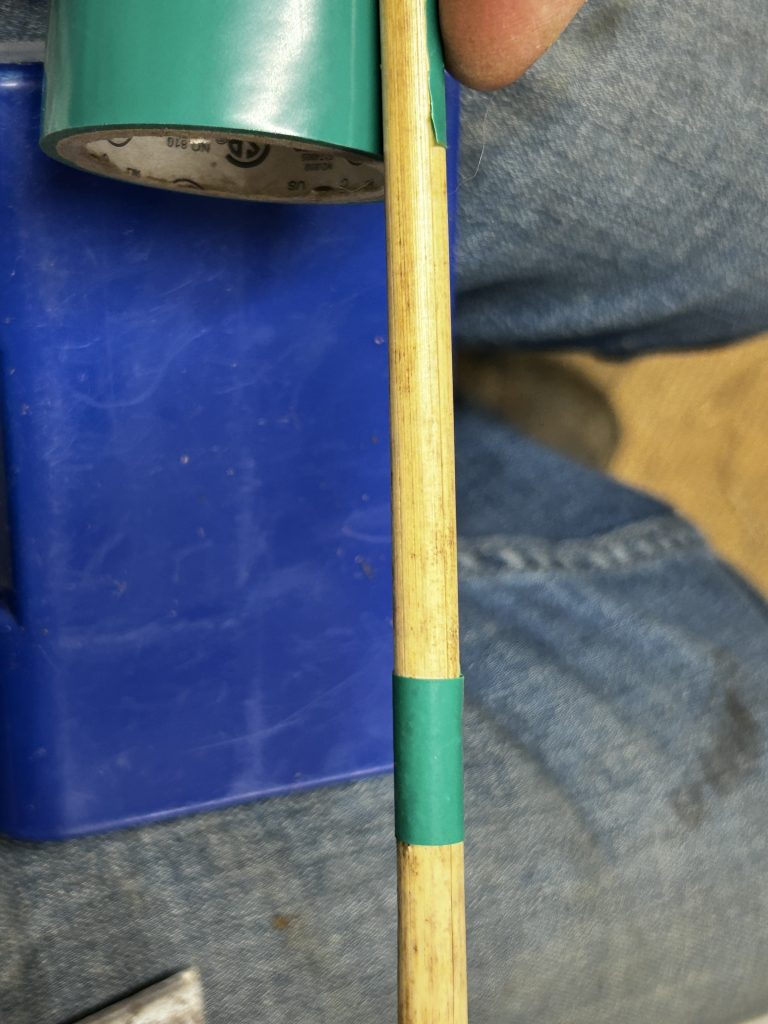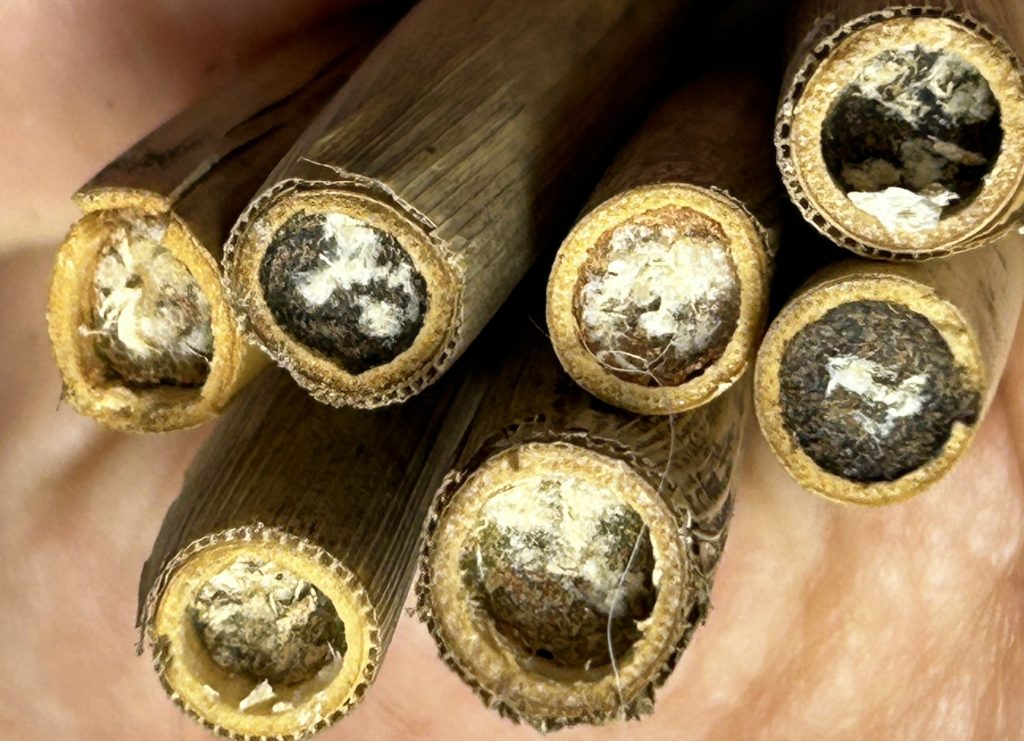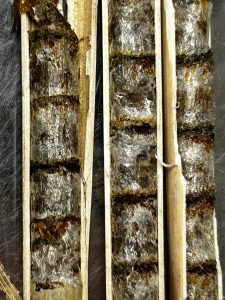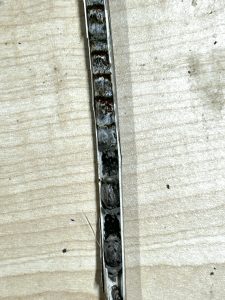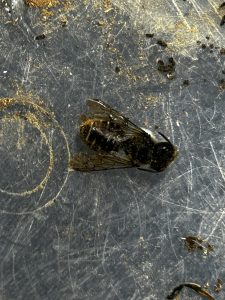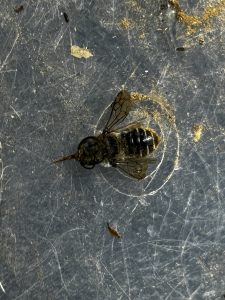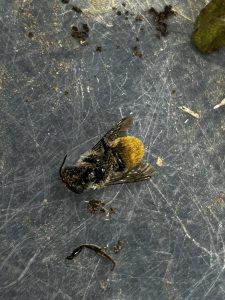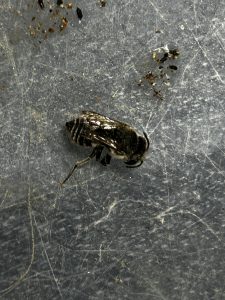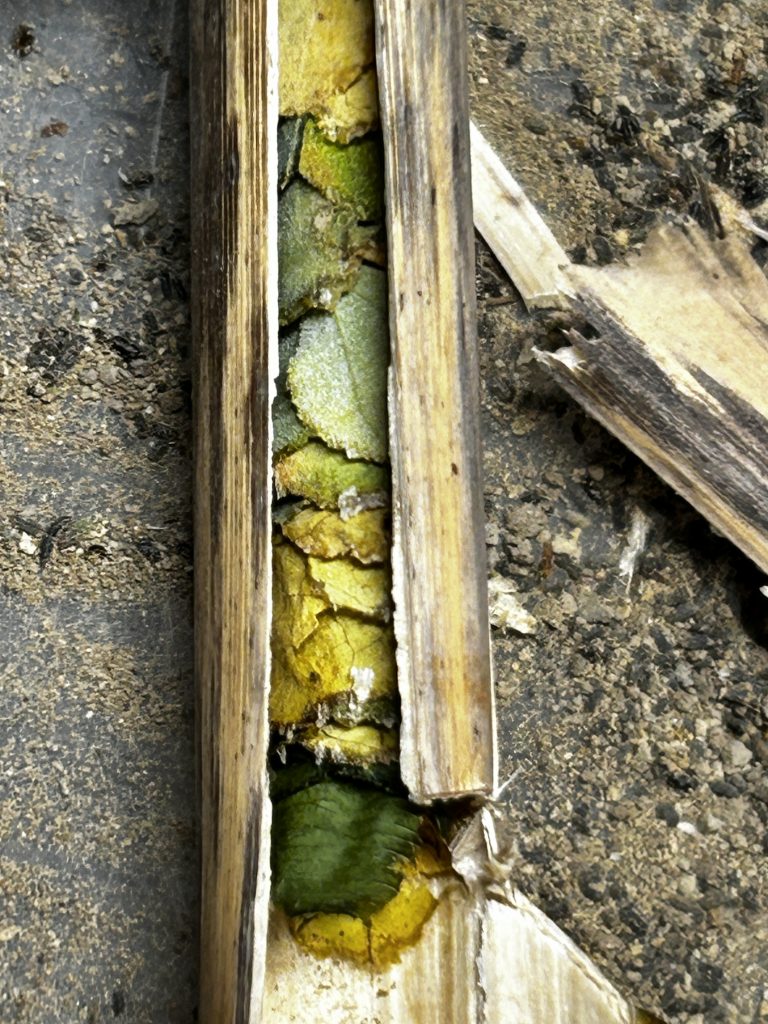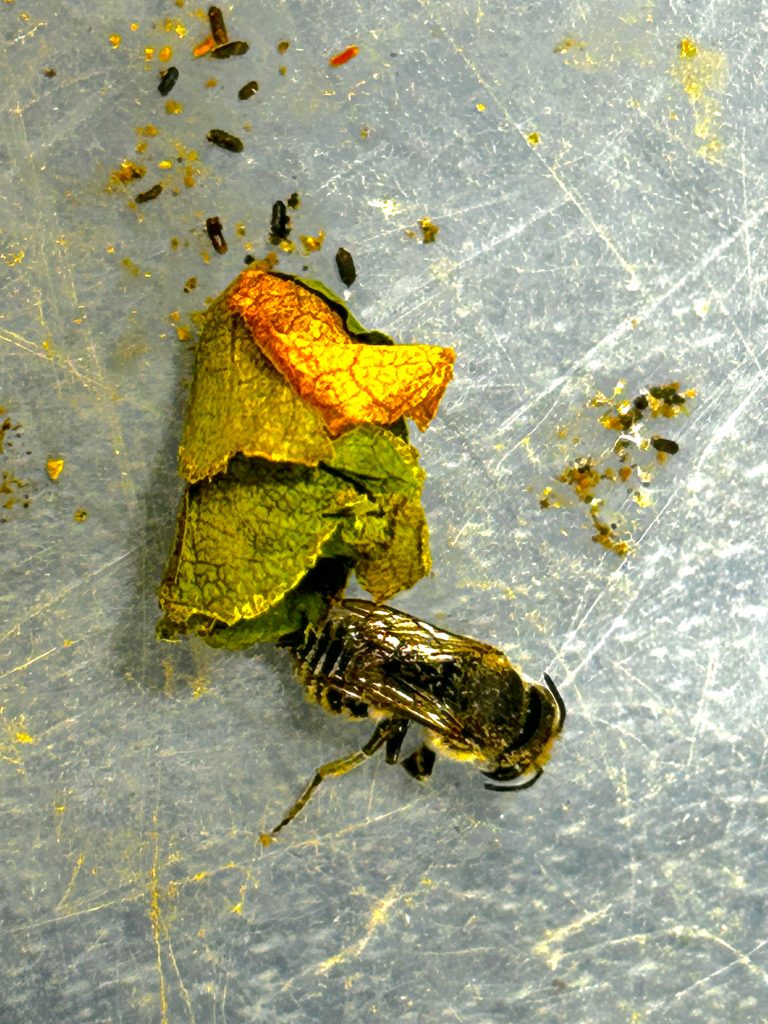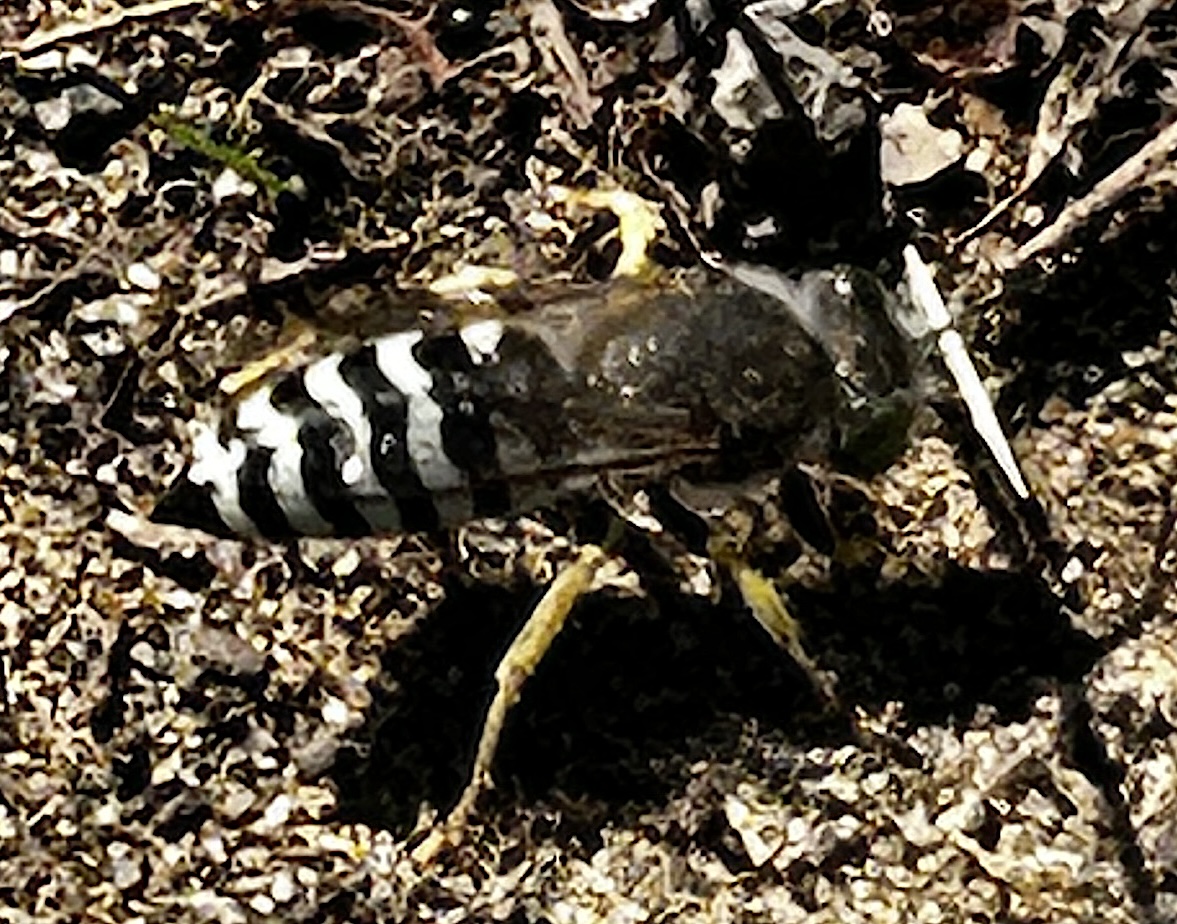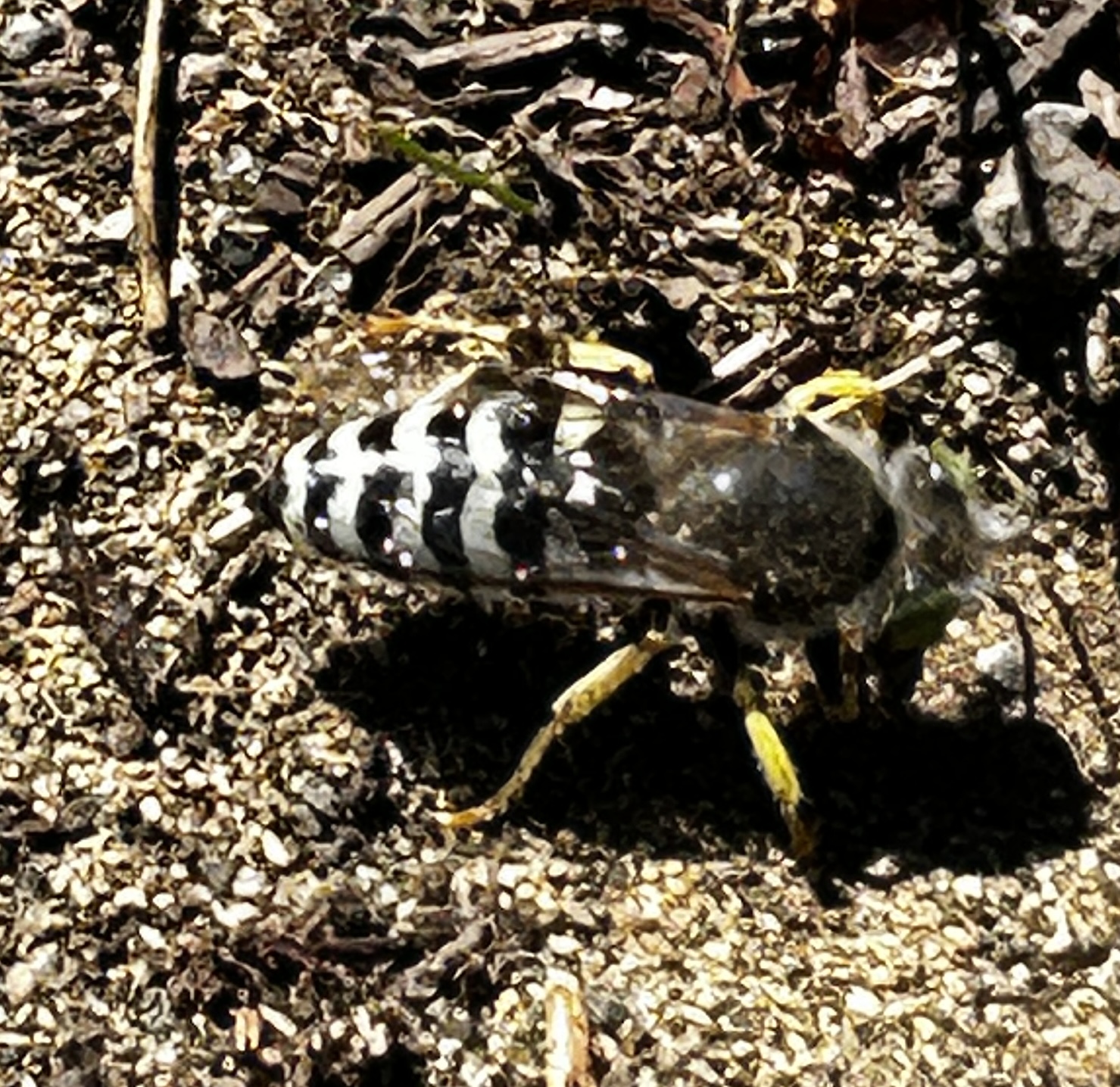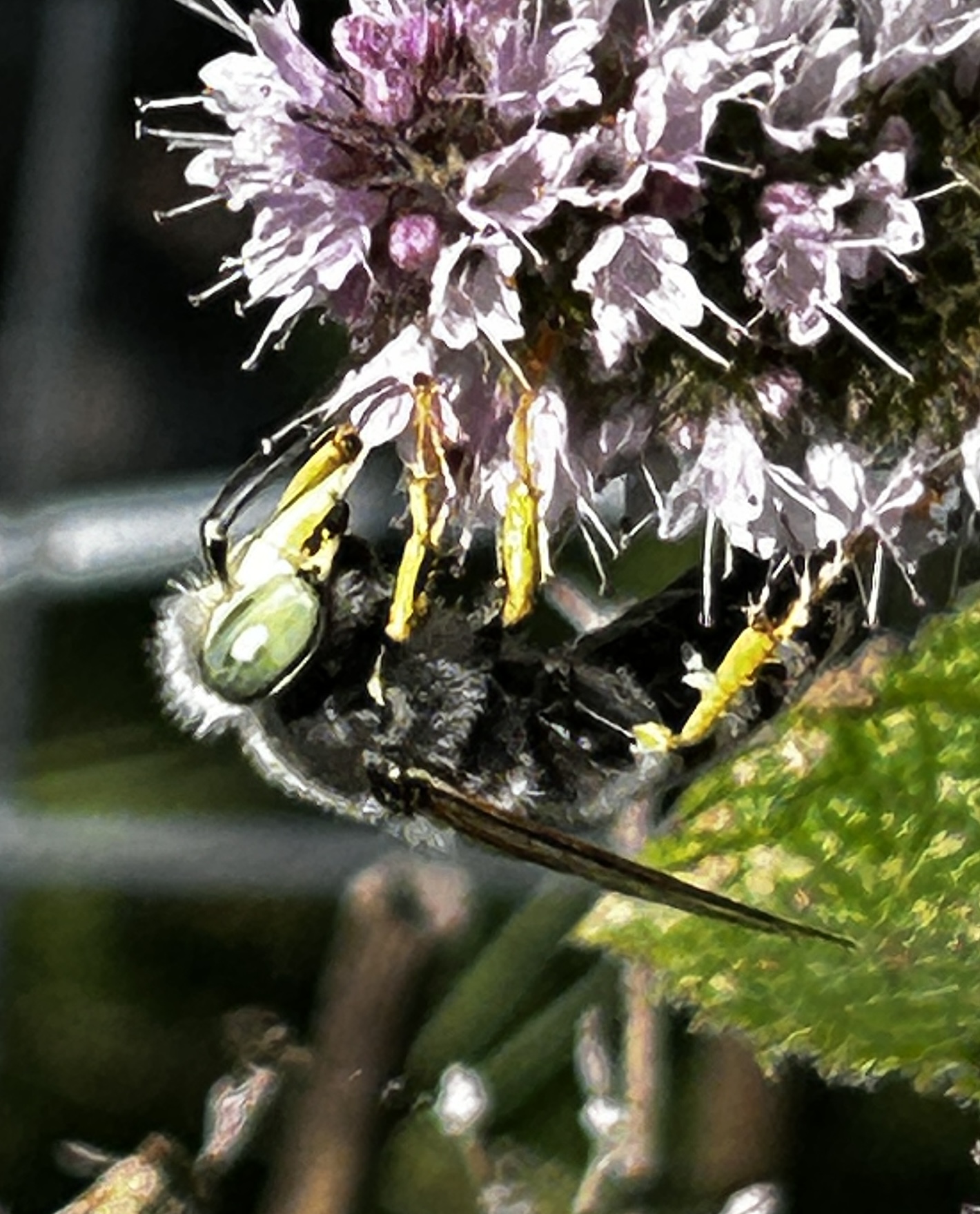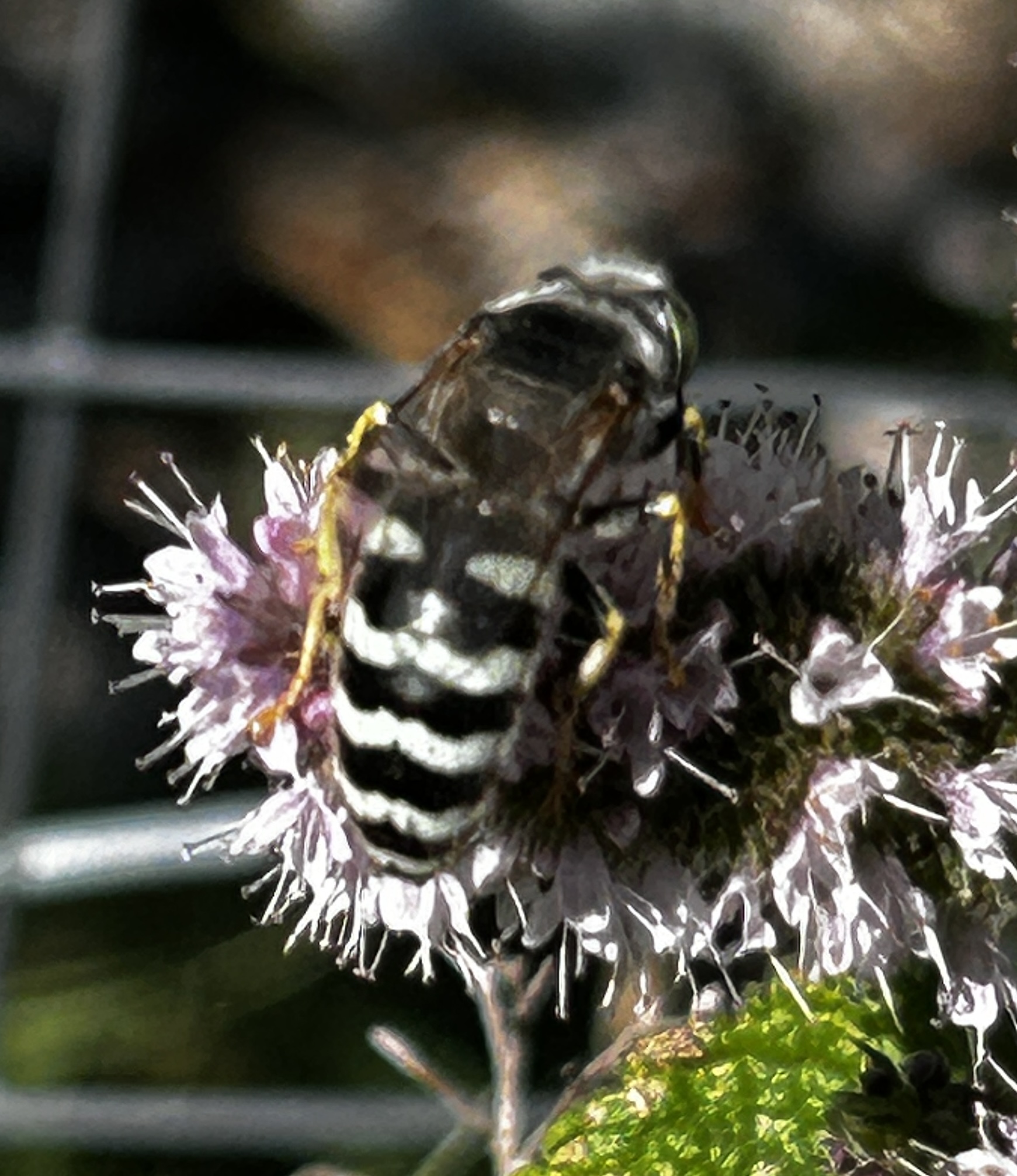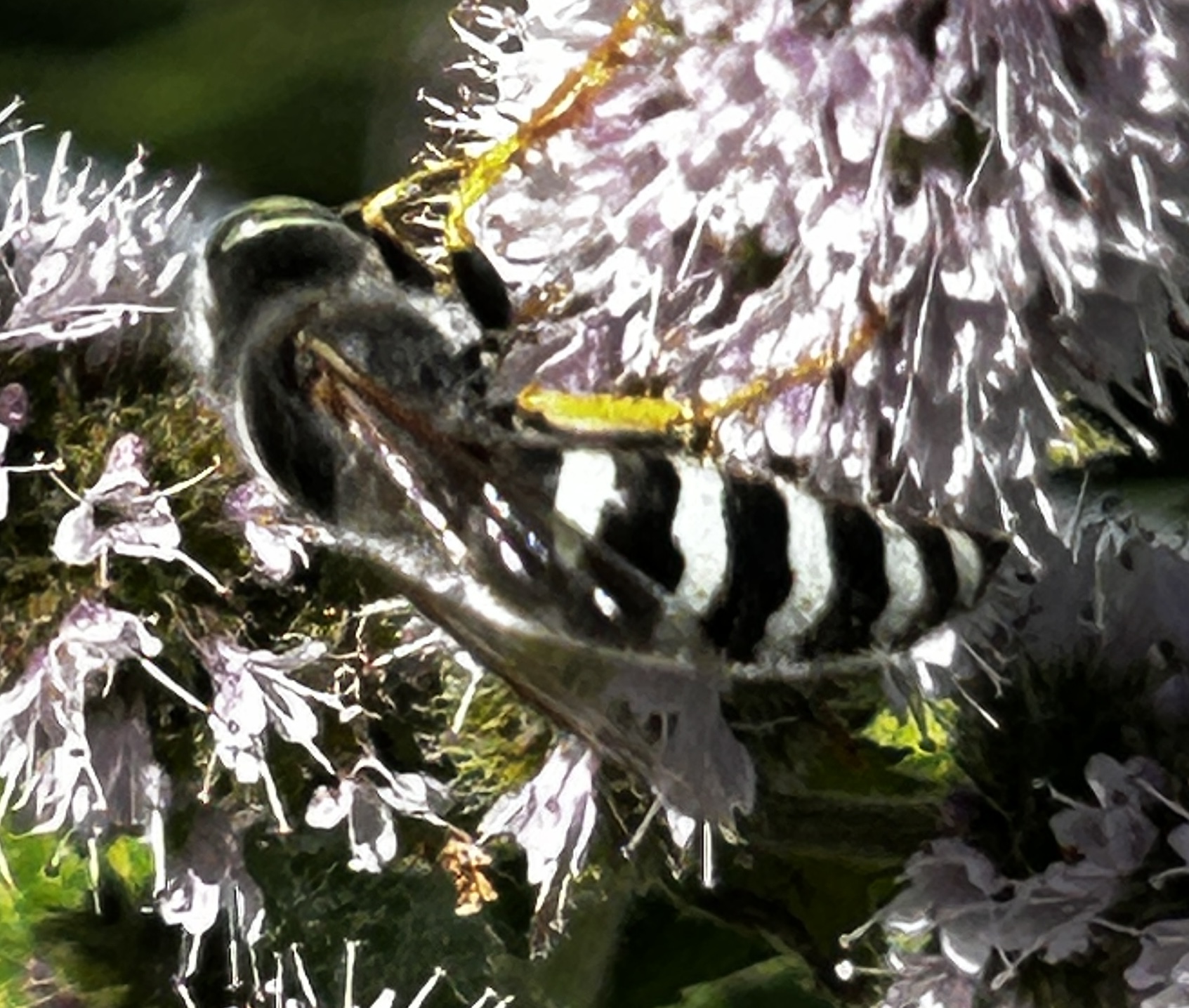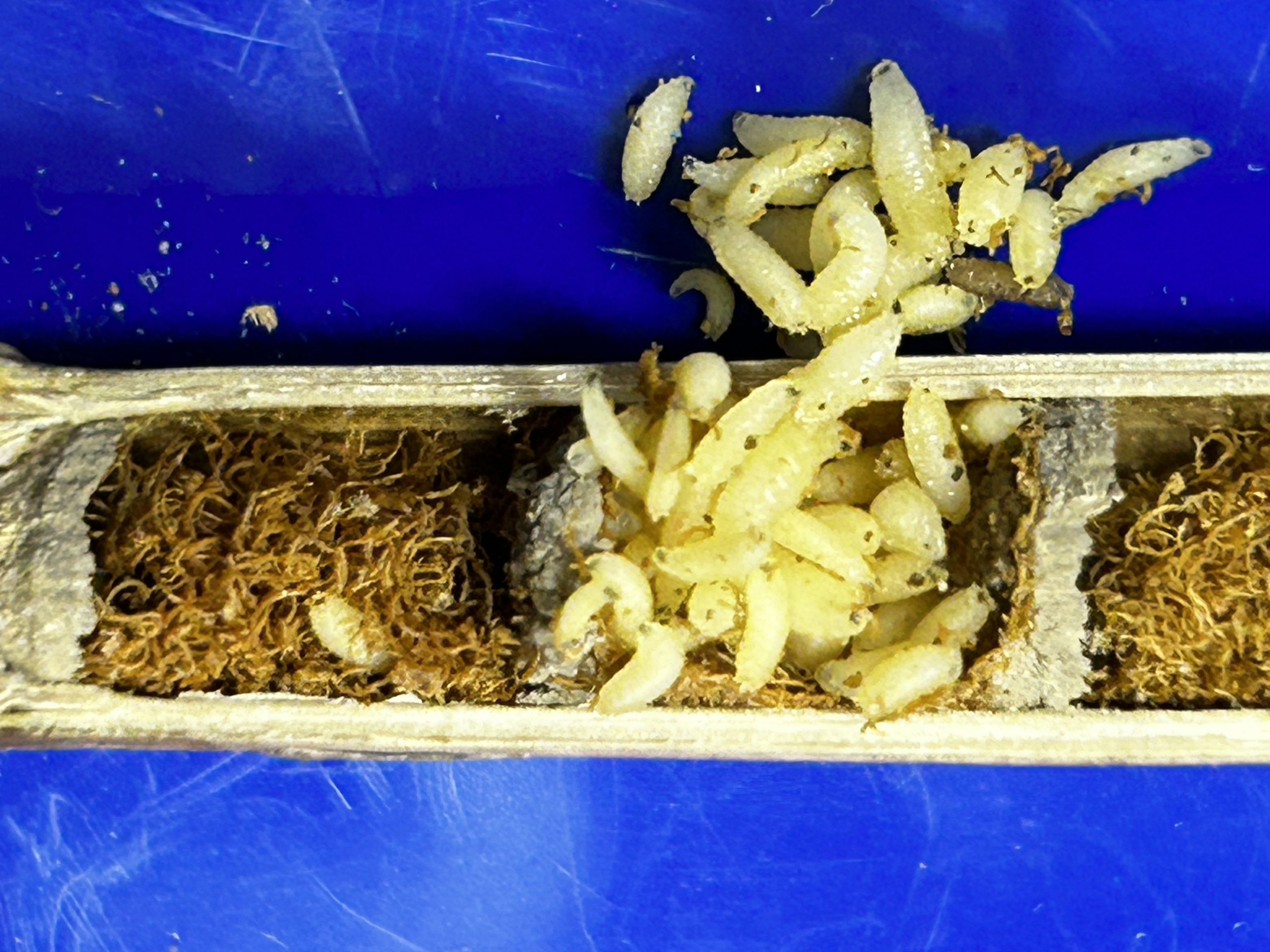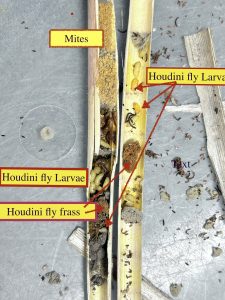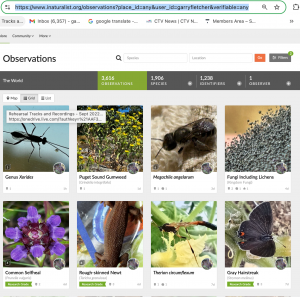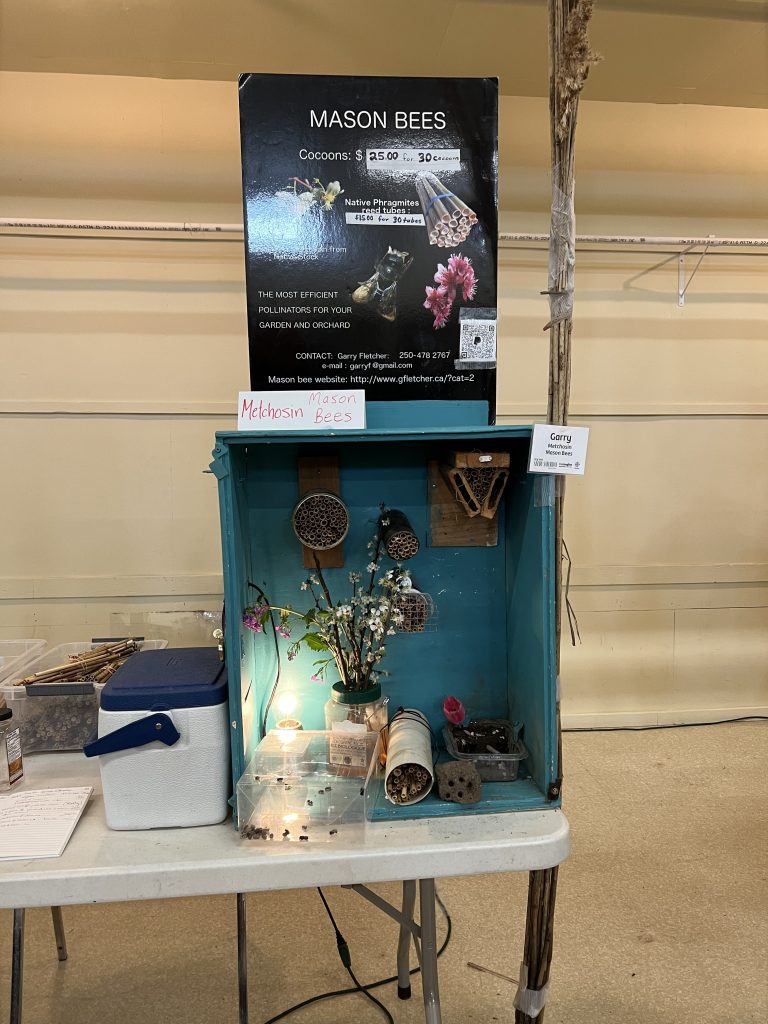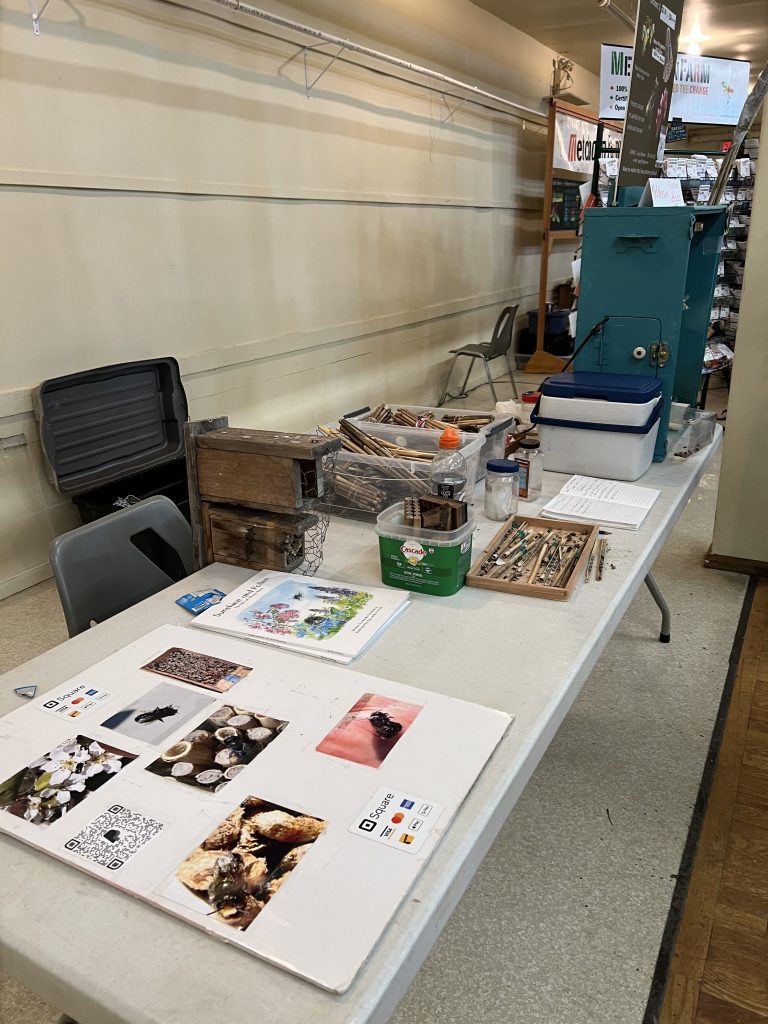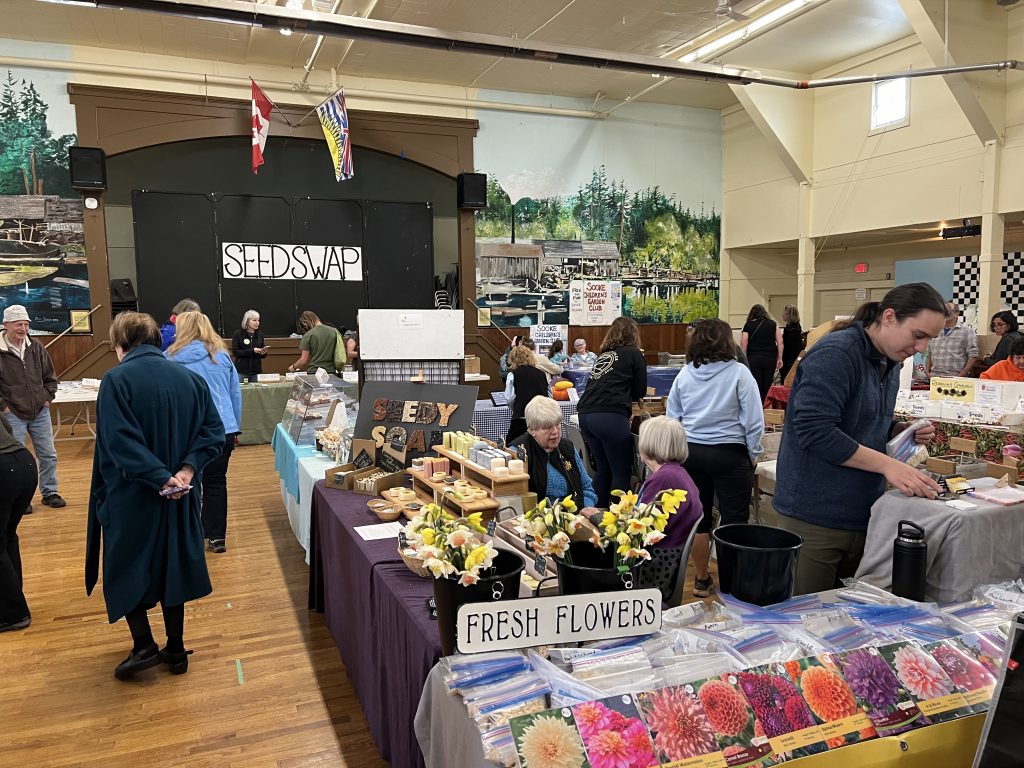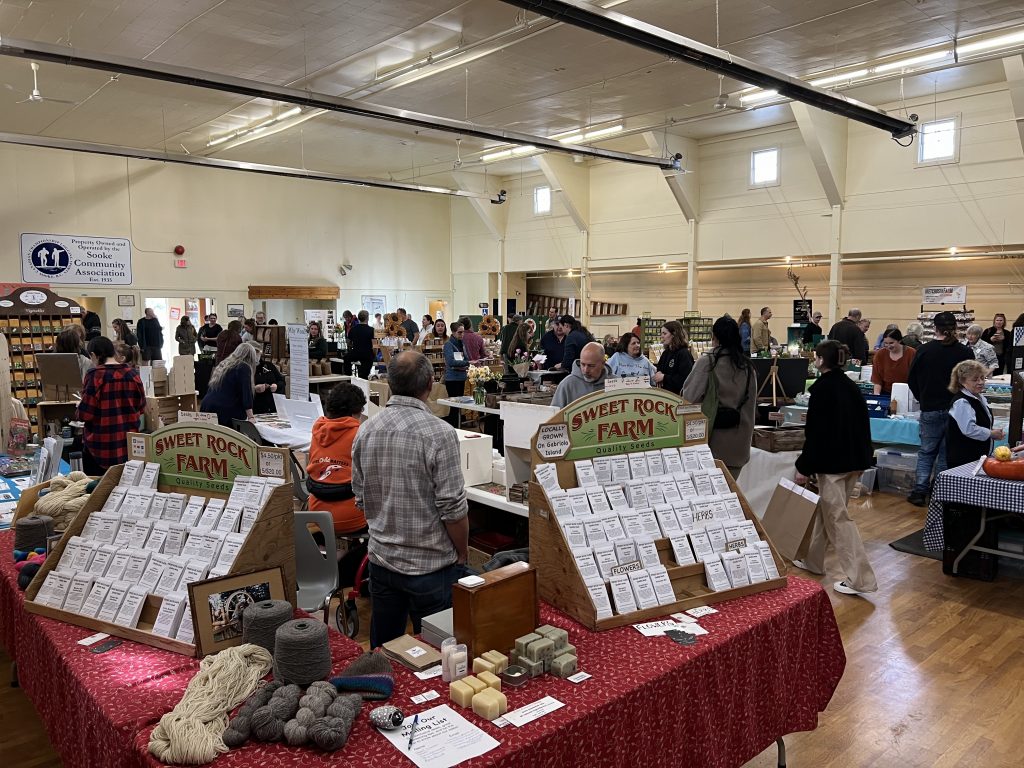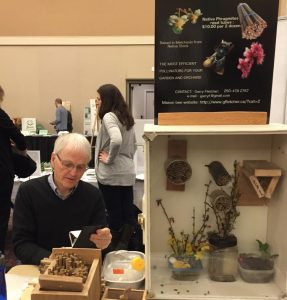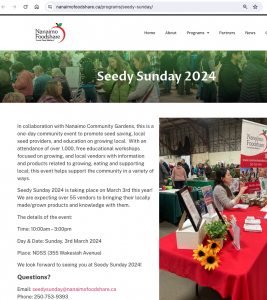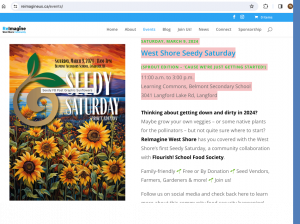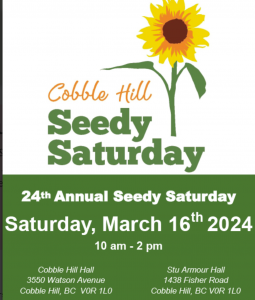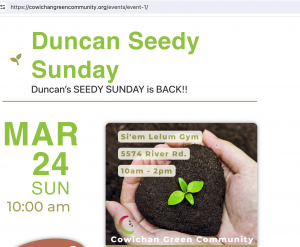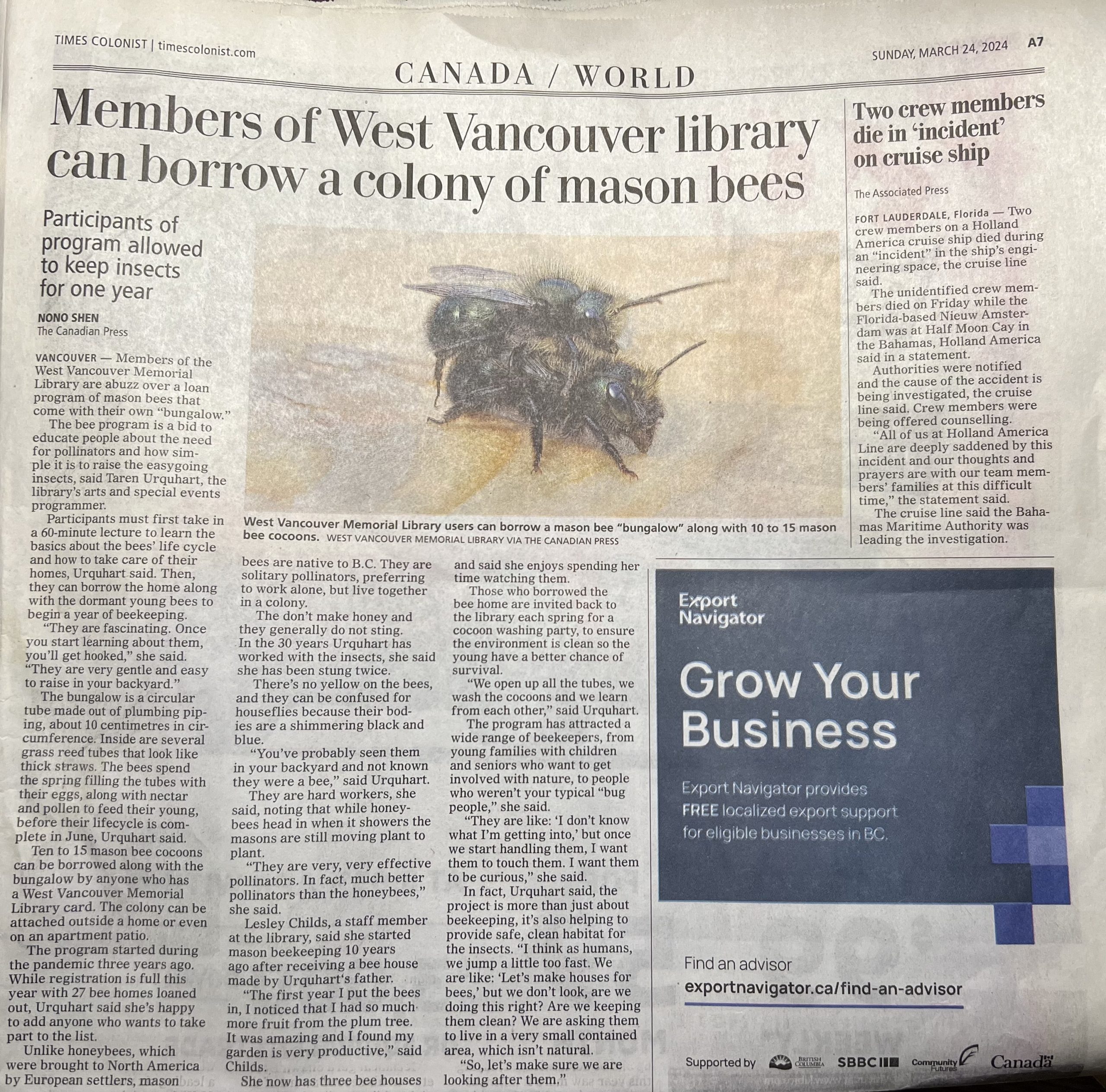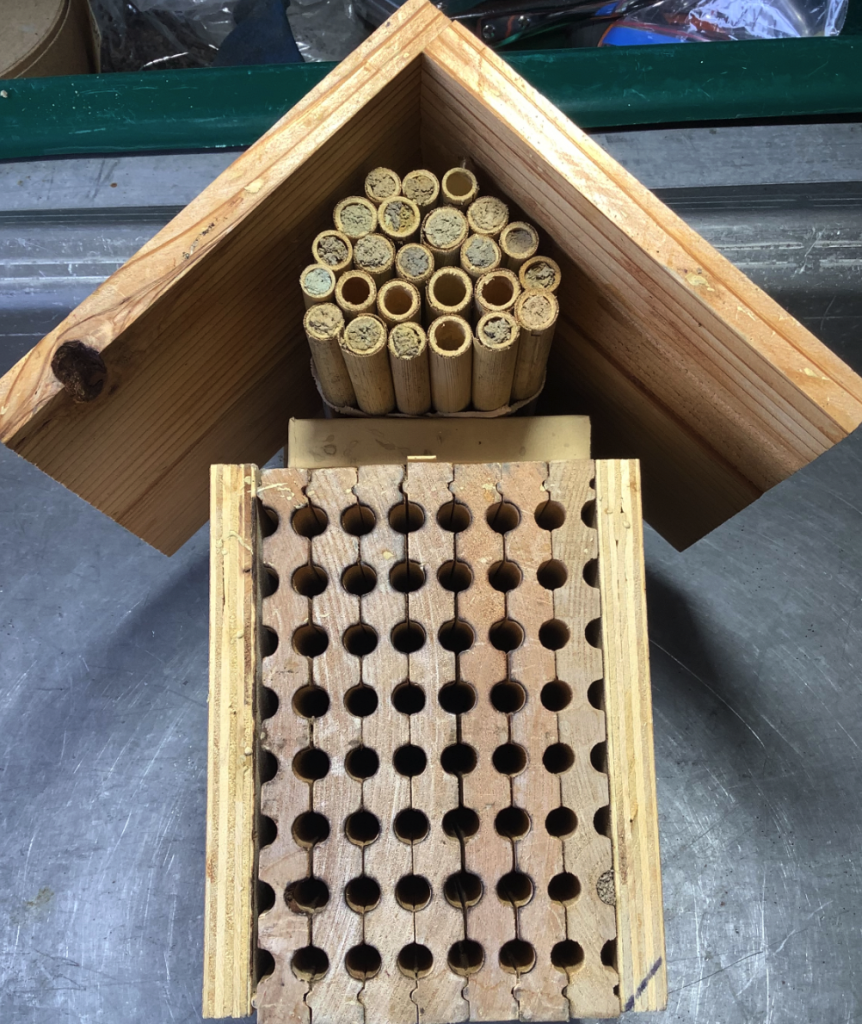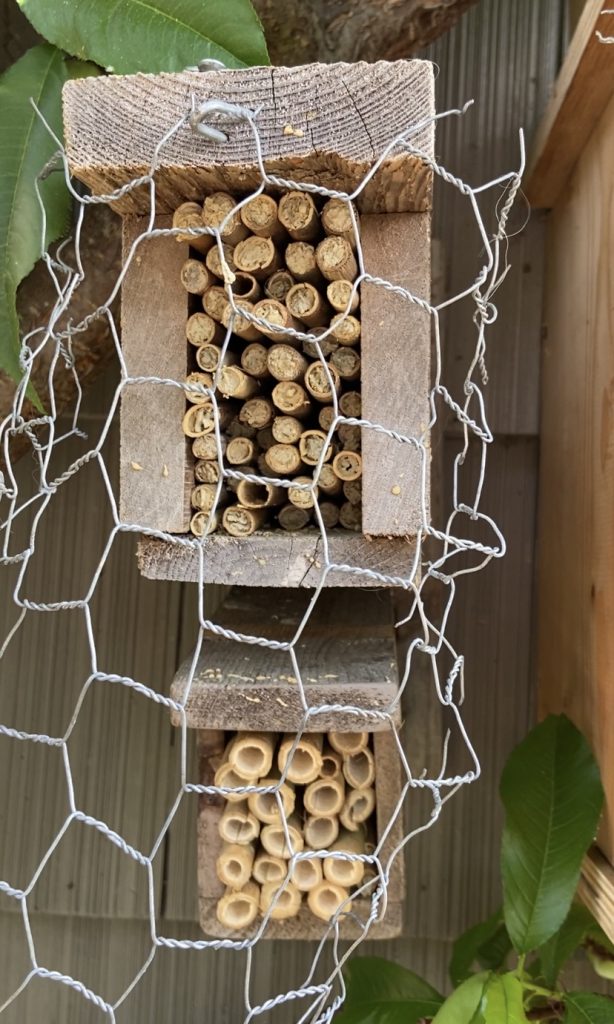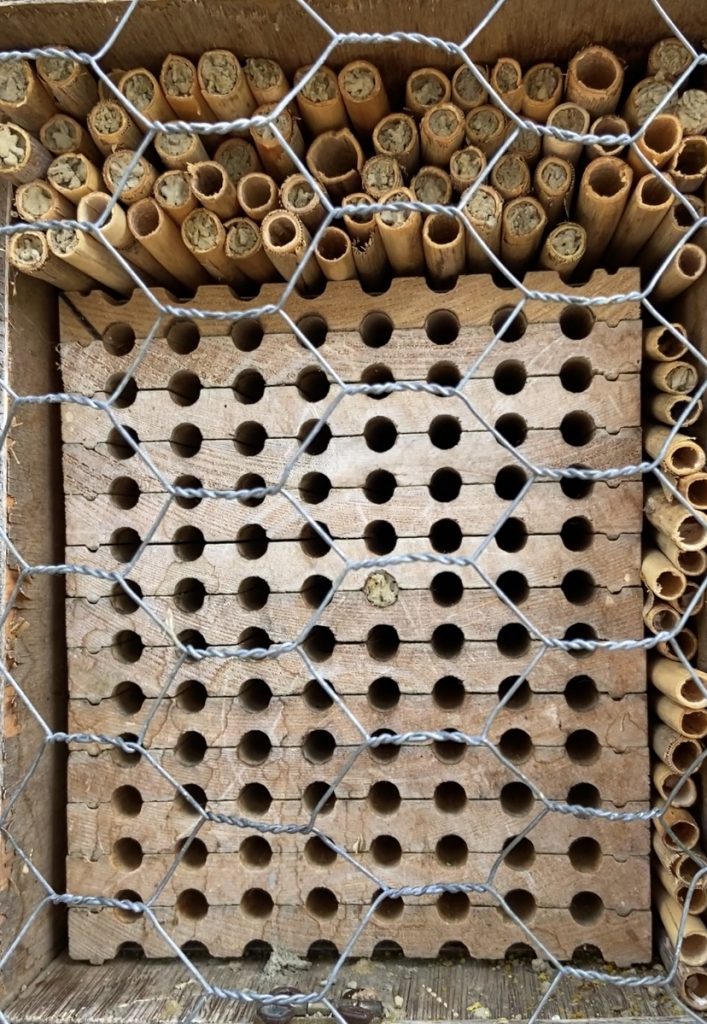See all my posts on Mason Bees here https://www.gfletcher.ca/?cat=2
I have for sale the native , Phragmites reed grass tubes for culturing mason bees . I can ship the tubes through the mail.– For customers who are not local, I package these tubes in lots of 30 for $15.00 plus shipping costs of $7:00. So 30 tubes =$22.00, (Canadian) Included are a variety of lengths and diameters. A few smaller diameters attract other mason bee species and leafcutter bees. Indicate the maximum tube length you prefer when ordering.
See all my posts on Mason Bees here https://www.gfletcher.ca/?cat=2
If I have enough Cocoons this year I will sell 25 Mason Bee Cocoons for $25.00 for pick up at my farm in Metchosin. Please check with me first by email before ordering.
NOTE: I DO NOT SEND COCOONS BY MAIL. you can pick them up at the farm
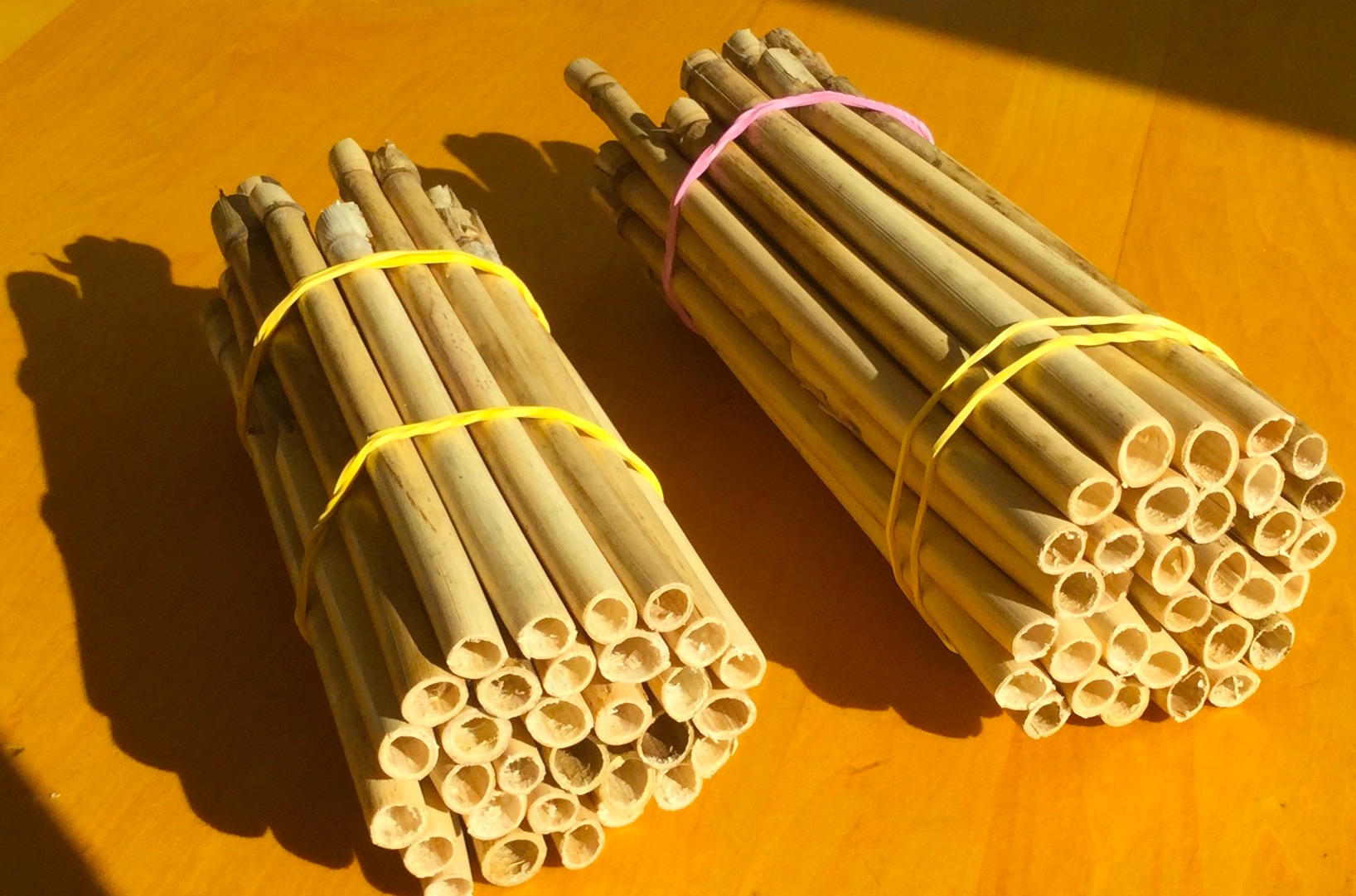 The native reed Phragmites australis ssp. americanus is grown on my farm. These are considered to be the best tubes for encouraging the native mason bee pollinators….Check out the reasons for using Phragmites tubes and comparisons with other types of tubes here:
The native reed Phragmites australis ssp. americanus is grown on my farm. These are considered to be the best tubes for encouraging the native mason bee pollinators….Check out the reasons for using Phragmites tubes and comparisons with other types of tubes here:
Also by putting out the tubes alone without releasing bees, you can in some areas attract the native pollinators to build their nests in the empty tubes anyway. That’s the way I first obtained mason bee cocoons.
See below for details on ordering if you cannot pick them up at the farm. I can have these available at any time of year, and it is best to get them set out by mid-March.
For shipping in Canada, the price for 30 tubes=$22.00 Canadian
For shipping in Canada, the price for 60 tubes=$44.00 Canadian
For shipping in Canada, the price for 120 tubes=$88:00 Canadian
For shipping in Canada, the price for 200 tubes=$100.00 Canadian
In a separate email with your address, state your size preference as sizes 4″ (10cm) to 7 “(18 cm) or mixed are available. This will depend on the depth of the box you have in which to put them, as there should be at least a 10 cm overhang to keep out the rain and the tubes should be inset inside the container up to 0.5 cm. Use the email garryf followed by the@ sign then gmail.com the for the e-transfer address.
=============================================
Scroll down through other posts here to see my suggestions for building inexpensive Mason bee homes out of recycled and re-purposed material and the importance of keeping parasites controlled by proper cleaning and storage of cocoons over winter ..
See all posts on Mason Bees here https://www.gfletcher.ca/?cat=2
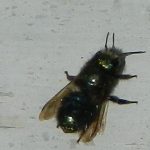
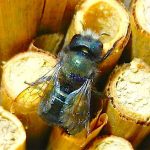
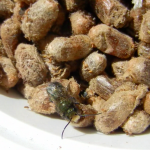
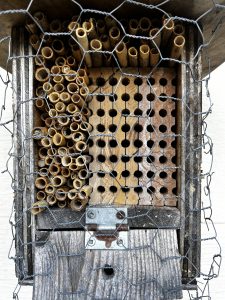 The first observation was that this was a very poor year for mason bee cocoon production. In many of the 10 houses like this that I set out on farms in the Metchosin area, there were barely enough cocoons to even break even with the amount of cocoons I had stocked the house with when I set it out in the spring. I believe that spring weather patterns played a big part in the problem
The first observation was that this was a very poor year for mason bee cocoon production. In many of the 10 houses like this that I set out on farms in the Metchosin area, there were barely enough cocoons to even break even with the amount of cocoons I had stocked the house with when I set it out in the spring. I believe that spring weather patterns played a big part in the problem 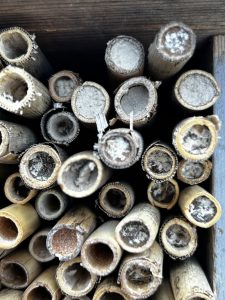

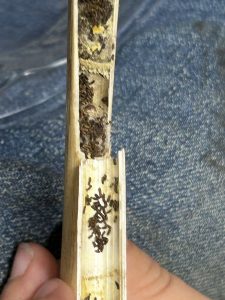 The black cigar-shaped pellets are frass , or bee manure. They often totally cover a cocoon as is shown here in this photo.
The black cigar-shaped pellets are frass , or bee manure. They often totally cover a cocoon as is shown here in this photo. 